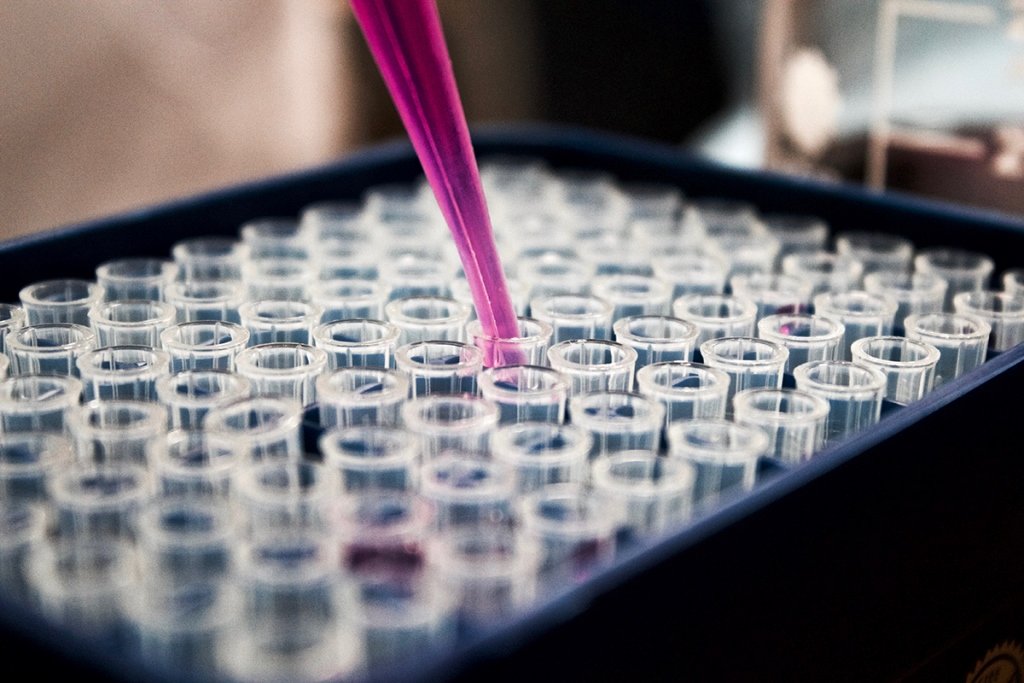
Innovation, entrepreneurship and science are three essential concepts in the search for a cure against COVID-19 in Cuba. Which is why it is one of the leading countries in developing vaccine candidates and applying health protocols and effective treatments.
From 7 a.m. until almost midnight, Dr. Gerardo Guillén is one of the scientists who works tirelessly at the Center for Genetic Engineering and Biotechnology. More than three decades of experience speak for his expertise in the field of molecular biology, genetics and immunology, and he is currently involved in clinical trials of vaccines to combat the pandemic.
“The institution was established in 1986, based on the contribution and will of young scientists. We were all recent graduates and, for many, this has been the only place we have worked. But the situation we are facing today is, perhaps, the hardest period,” the 57-year-old researcher notes.
In the beginning, staff had the great challenge of contributing to the field of science. Then came the milestone of the preventive vaccine against hepatitis B and the response to other epidemics. Dr. Guillén assures that Cuba has sufficiently mature institutions and trained technologists and researchers to assume the challenge of combatting the novel coronavirus.
Guillén, who serves as Director of Biomedical Research, explains that his team is working on several products at the same time, among them those used in the treatment of COVID-19 patients, such as Interferon and HeberFERON.
How has the work dynamic changed since the beginning of the pandemic?
I always say that COVID-19 has brought us negative consequences, but also a new style and useful experiences. We have increased efficiency, achieved accelerated results and made new ideas, hypotheses and projects available to the most experienced researchers, to assimilate the fight against the epidemic from prevention, early stages and diagnosis.
More than 300 people are involved in the different processes of creating a pharmaceutical product at the CIGB. What responsibility and commitment does the participation and monitoring of these biomedical projects imply?
We have a portfolio of more than 30 projects linked to infectious diseases at this time, in the areas of oncology, autoimmunity, cardioprotection and neuroprotection, both in the promotion of new pharmaceutical products and in prophylactic and therapeutic vaccines. Almost all of these already have patents, more than 70 percent granted in European countries and the United States. Above all, this demands intense coordination and integration efforts.
How necessary is the support and understanding of your family?
Without the support and encouragement of our families we could not work as we do. They understand and tolerate the time we spend on research. Some of my colleagues and I have the advantage that our partners are also professionals at the center, which makes it easier to understand and, at the same time, we can share more time together because we are hardly ever at home.
When the daily battle to find a vaccine against COVID-19 ends and you take stock of each result, what do you feel?
Great satisfaction on what we have done and the opportunity to work in a coordinated way among all the institutions of the Biotechnology and Pharmaceutical Industries Group of Cuba, the medical staff and the hospital facilities. Even though this already existed, the collaboration and human relations, bonds and strategies that will contribute in the future to the broad CIGB project portfolio have been extraordinarily strengthened.


